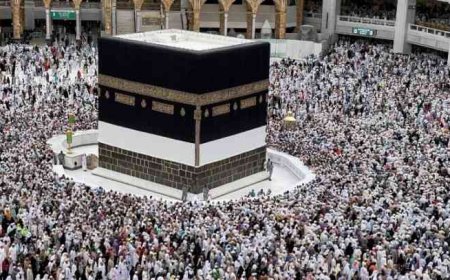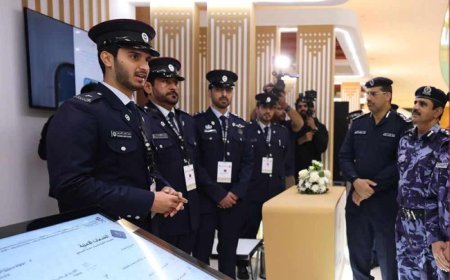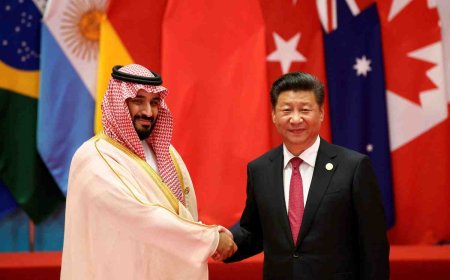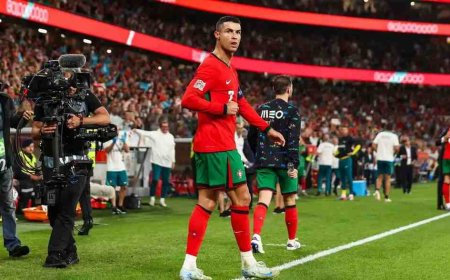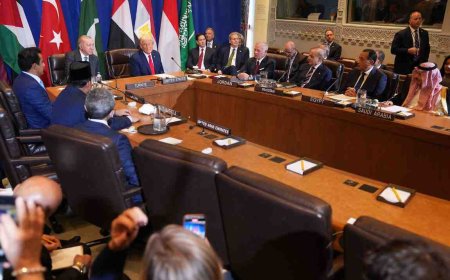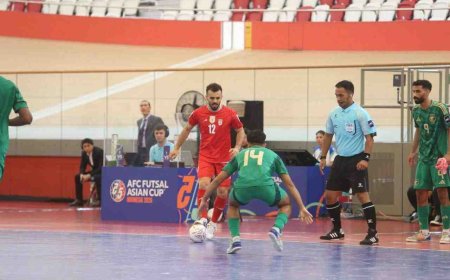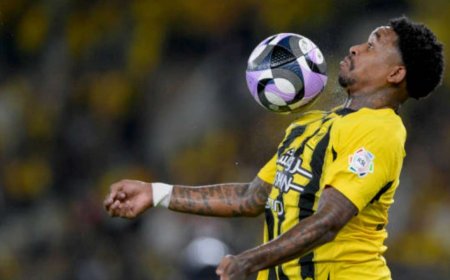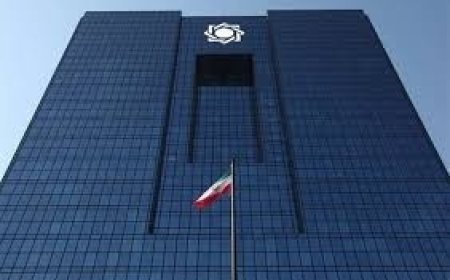Esports Power Deal Ends: Olympic Games Partnership with Saudi Arabia Dissolved by Mutual Consent
The IOC and Saudi Arabia have ended their 12-year deal to host the Olympic Esports Games. Discover the reasons behind the cancellation and what's next for esports in the Olympics.
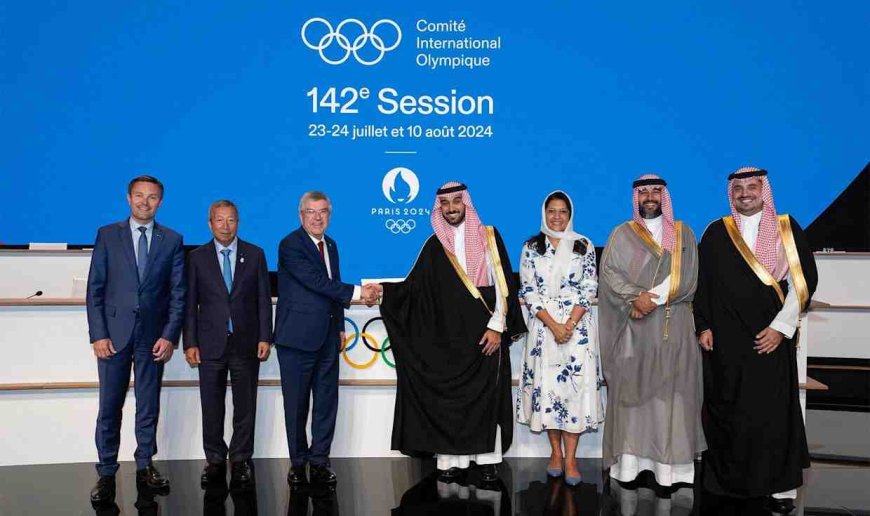
Olympic Esports Games Deal with Saudi Arabia Terminated by Mutual Consent
In a surprising reversal, the International Olympic Committee (IOC) and Saudi Arabia have jointly agreed to terminate a landmark 12-year agreement that designated Riyadh as the host for the new Olympic Esports Games. The mutual decision marks a significant pause in the formal integration of competitive gaming into the world’s most prestigious sporting event.
The original partnership, signed in 2024, was hailed as a major step for both parties. For the IOC, it was a strategic move to tap into the booming esports industry and engage a younger, global audience. For Saudi Arabia, it was a cornerstone of its ambitious Vision 2030 agenda, using major sporting events to diversify its economy and enhance its global brand.
A Postponed and Ultimately Cancelled Vision
Under the now-defunct plan, the inaugural event was initially slated for 2025 but had already been postponed to 2027. The recent announcement confirms the deal has been shelved entirely. The IOC stated it will now "develop a new approach" and "pursue a new partnership model" for the Olympic Esports Games.
This termination represents a notable setback for the IOC's digital expansion strategy. The partnership with Saudi Arabia offered substantial funding and a clear, long-term hosting framework. With the collaboration dissolved, the IOC must go back to the drawing board to figure out how to successfully frame esports under the Olympic banner.
Implications for Saudi Arabia's Sports Strategy
For Saudi Arabia, the cancellation is a temporary stumble in its aggressive and well-funded sports diplomacy push. The Kingdom has successfully secured rights to host major events in football, boxing, and motorsport. The failure of this high-profile esports deal highlights the complexities of aligning the traditional model of global sports governance with the fast-evolving, decentralized world of competitive gaming.
While specific reasons for the split were not detailed, both parties emphasized they remain committed to their individual esports ambitions and will pursue them separately.
Underlying Challenges and a New Path Forward
The cancelled deal had faced underlying challenges from the start. Key questions persisted about:
-
Alignment with Olympic Values: How would violent video game titles fit with the Olympic principles of peace and friendship?
-
Game Selection: Deciding which games and publishers to include in an official Olympic program proved to be a complex issue of rights and representation.
-
Governance and Commercial Rights: Managing the logistics, athlete experience, and revenue sharing between the established Olympic model and the esports ecosystem presented significant hurdles.
Also Read: The New Saudi Doctrine: How Strategic Pragmatism Is Redefining Middle East Power Politics
What Comes Next for the Olympic Esports Games?
With the Riyadh hosting pact dissolved, the future of the Olympic Esports Games is in a state of flux. The IOC has signaled it will seek alternative hosts or a more flexible, multi-partner model, potentially with a different geographic scope.
Saudi Arabia is expected to continue its push into the gaming world independently, likely through its own premier esports events and investments. The Kingdom has already established itself as a major player in the industry and will continue to leverage esports as part of its broader economic and branding strategy.
In summary, the termination of this 12-year pact resets the clock on the Olympic movement's foray into esports. While the collaborative dream of a long-term Esports Games in Riyadh is over, both the IOC and Saudi Arabia will continue to navigate the dynamic landscape of digital sports, each on their own strategic path. The world will be watching to see how the Olympics adapts its strategy to capture the explosive growth of competitive gaming.
What's Your Reaction?







